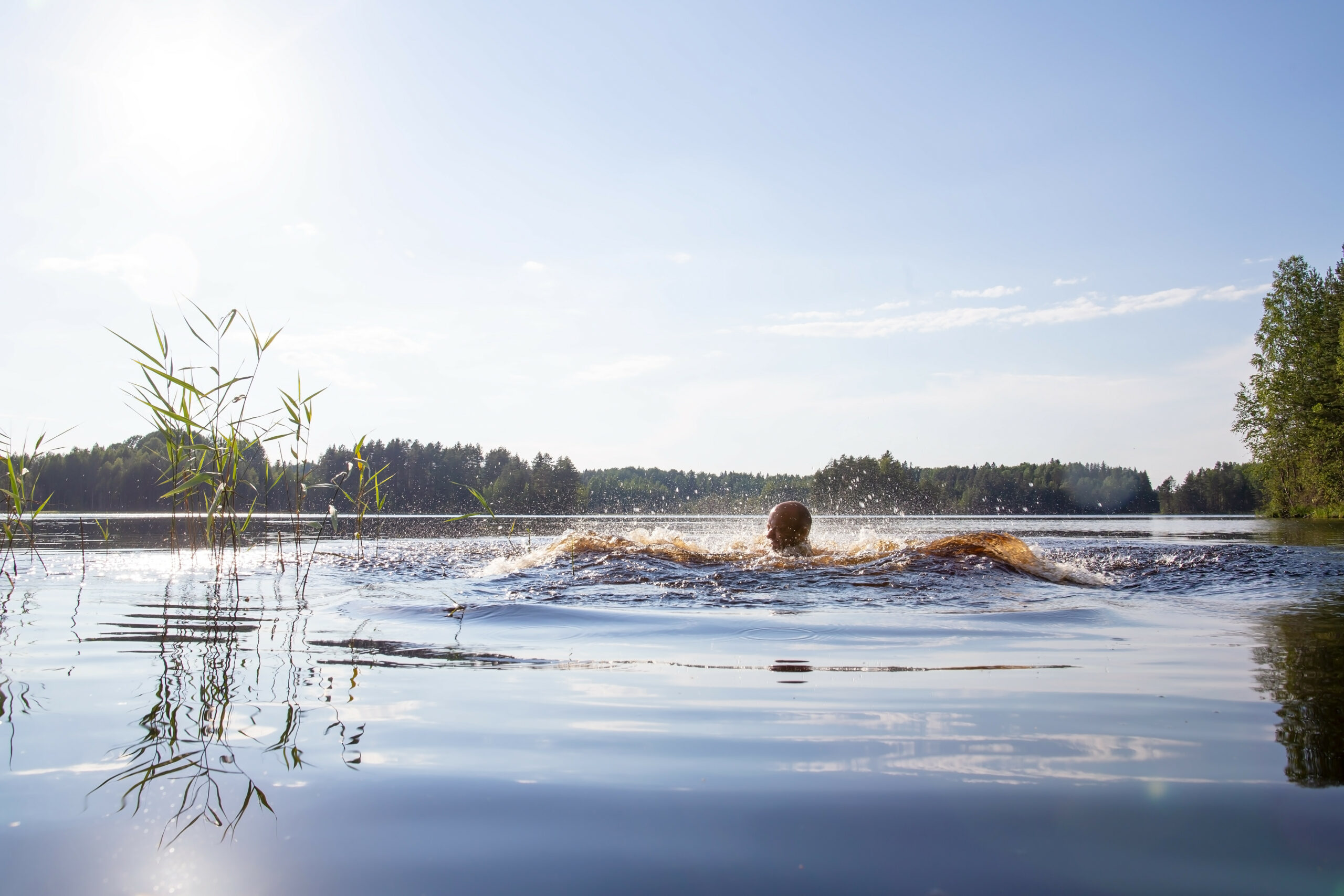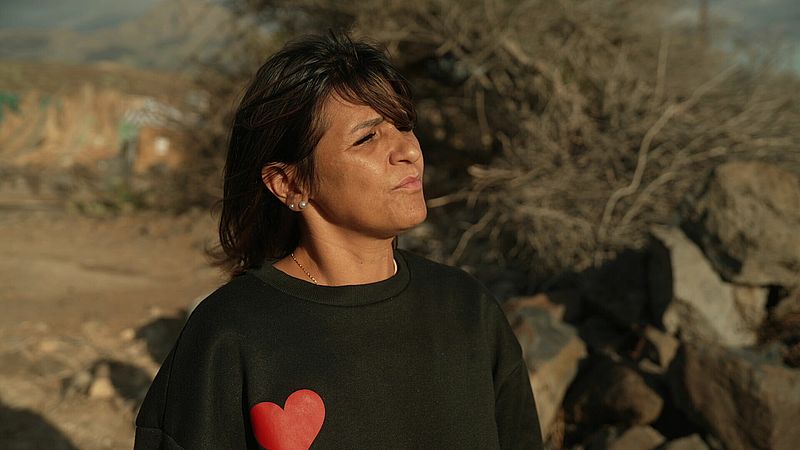Every year, millions of tourists generate revenue of at least 20 billion euros in the Canary Islands. But this money ends up primarily in investors' pockets. Much to the dismay of the islanders: “With a salary of 1,300 euros, I cannot rent anything.”
“There are a lot of people who suffer from depression because of this job,” says Maria. She works as a cleaner in a hotel on the south coast of Tenerife. The work is hard and the wages are low.
A poor area in Spain
16 million holidaymakers travel to the Canary Islands every year. Locals notice the crowds of tourists who come to the eight islands in the Atlantic Ocean.
However, residents often do not see many of the financial benefits that tourism brings. The Canary Islands are the second poorest region in Spain.
No water, no toilet
Maria earns 1,300 euros a month as a cleaner. Her salary is not unusual in Tenerife, where the average monthly salary is around 1,500 euros. But due to the large number of investors and tourists, renting a house for less than 1000 euros is not possible.
So Maria lives in a self-built log cabin. She and other poor workers find a home there, opposite the luxury hotels where she works during the day. There are tents and mattresses outside. There is no access to water or toilet.
'Working there is deadly'
“The amount of stuff they throw out there,” Maria says. “I don’t even have half of it.” You find it difficult to know how wealthy tourists are in hotels. The cleaner also believes that she should earn more for the work she does: “We clean other people's waste.”
“I understand that people feel depressed when you see the high standard of living of other people on this island,” she continues. According to her, the work is so hard that she and her colleagues often use painkillers to continue it. “It's deadly working there.”
High unemployment rate
“The problem is that all the billions earned here from tourism do not stay in the Canary Islands,” says Carmen Peña Curbelo of the local opposition party Drago Canarias.
She refers to foreign investors who earn a lot of money from tourism on the islands. She stresses that while residents struggle to find a home or a job. “Many young people still live with their parents until they are 31, and there is a lot of unemployment.”
There is no water for the residents
There is currently a significant water shortage on the islands, which, according to Anne Sterio from the Fundacion Canarina group, shows that the influx of tourists is no longer sustainable. “Last week, the government announced a water crisis. Water does not reach homes for several hours a day.”
“But there are still facilities such as water parks, golf courses and swimming pools in hotels that have water,” she adds. “Water shortages do not apply to tourists.”
“Beatification of tourists”
Nature on the island also pays a heavy price: 4 km of coastline is destroyed every year, including the construction of hotels. “Tourists have been idolized here,” Stereo says.
I've noticed that when you talk publicly about the large number of tourists and whether it's good for the islands, people quickly find you extreme. However, there are different action groups organizing weekly protests to change the tide.
More disadvantages than advantages?
Politician Curbelo admits that tourism is also good and necessary for the islands. But since the negatives it currently brings are more than the benefits for local residents, she believes measures should be taken to reduce the number of tourists.
But given the number of hotels and other facilities being built for tourists, the focus now appears to be mainly on growth. So that more vacationers can come to the islands.
“This has to stop at some point.”
“I especially want the government to put a limit on the number of tourists,” Curbelo finally says. “So we can all live better in the Canary Islands.”
Stereo agrees. She also hopes that more attention will be paid to local residents: “If you keep building more hotels, more and more tourists will come. But this has to stop at some point.”
Asks? Ask them!
Do you have any questions or would like answers? Send us a message here in the chat. Every Thursday in the Get Involved newsletter we tell you what we're doing with all the responses. Want it in your email? Then register here.

“Creator. Award-winning problem solver. Music evangelist. Incurable introvert.”









More Stories
Funny protest against mass tourism in Galician village
Cause of backlash known in LATAM – in the sky
Increased investment in European defence startups